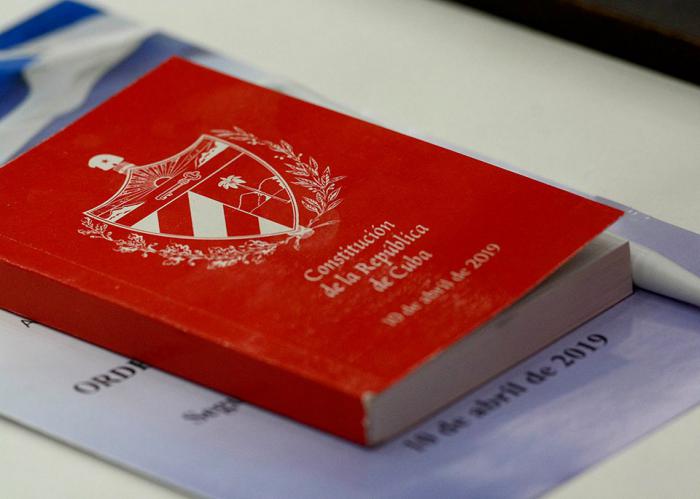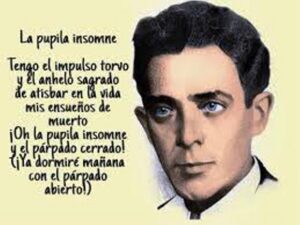Epistemologies of Cuban Constitutional Law (V).

On what is understood by Electoral System and what are its main provisions, endorsed in the Constitution of the Republic of Cuba of 2019 we will address in this space.

On what is understood by Electoral System and what are its main provisions, endorsed in the Constitution of the Republic of Cuba of 2019, we will address in this space.
An Electoral System is the set of principles and procedures consistent with each other, which underlies the so-called electoral operations and aims at the formation of representative institutions that make up a democratic regime or the expression of the will of the voters in a previously determined matter.
It is a phenomenon first of all of power, it has a juridical-political character and is determined by the will of the dominant class, it has therefore a class character, it not only expresses the will of the class in power, but consolidates the political interests of that class.
The Electoral System is part of a constitutionally established order and it can be seen that in the constitutional technique it is a more or less generalized practice that the most general principles of the Electoral System are included in the constitutional text and then developed in an Electoral Law. The essence, reinforcement of the class that holds power, is classist.
They should refer to the provisions that regulate it in articles 204 to 210 of the Cuban Constitution of 2019.
-What is participation and how is it established in the Constitution of the Republic of Cuba of 2019?
Participation can be understood, according to the constitutional basis, as a right and as a duty. As a right to the extent that it is a direct way of exercising political power enjoyed by the people as sovereign and strengthens the quality of citizenship. It is also a duty, understood as an expression of the good of society as a whole that to be realized needs the actions of citizens as members of the community.
In the Cuban Constitution of 2019, Article 200 defines it as local popular participation.
What does the Constitutional principle of non-retroactivity of laws consist of?
From the clear tenor of Article 100 of the Constitution of the Republic of Cuba of April 10th, 2019, it is noted that the positive constitutional norm establishes: «In the legal system, the principle of non-retroactivity of laws governs, except in criminal matters when they are favorable to the person prosecuted or punished, and in other laws, when so expressly provided, attending to reasons of social interest or public utility.»
Thus, the constitutional rule is very clear and therefore the principle of non-retroactivity, as a general and supplementary rule for the application of norms, has a materially constitutional basis.
Thus, legal provisions that are not favorable or that restrict individual rights and that provide for their retroactive nature are unconstitutional and null and void; therefore, it is the duty to refrain from applying them for reasons of unconstitutionality and the legal applicator must presume that they have no retroactive effect, by virtue of the constitutional prohibition of retroactivity.
Written by Dr Osvaldo Manuel Álvarez Torres.




